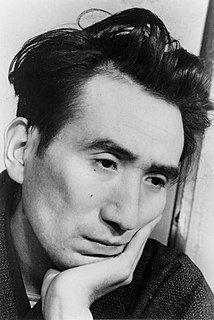A Quote by Georges Jacques Danton
In revolutions authority remains with the greatest scoundrels.
Quote Topics
Related Quotes
Before, revolutions used to have ideological names. They could be communist, they could be liberal, they could be fascist or Islamic. Now, the revolutions are called under the medium which is most used. You have Facebook revolutions, Twitter revolutions. The content doesn't matter anymore - the problem is the media.
In the political, the social, the economic, even the cultural sphere, the revolutions of our time have been revolutions "against" rather than revolutions "for"... On the whole throughout this period the man--or party--that stood for doing the positive has usually cut a pathetic figure; well meaning but ineffectual, civilized but unrealistic, he was suspect alike to [by both] the ultras of destruction and the ultras of preservation and restoration.










































